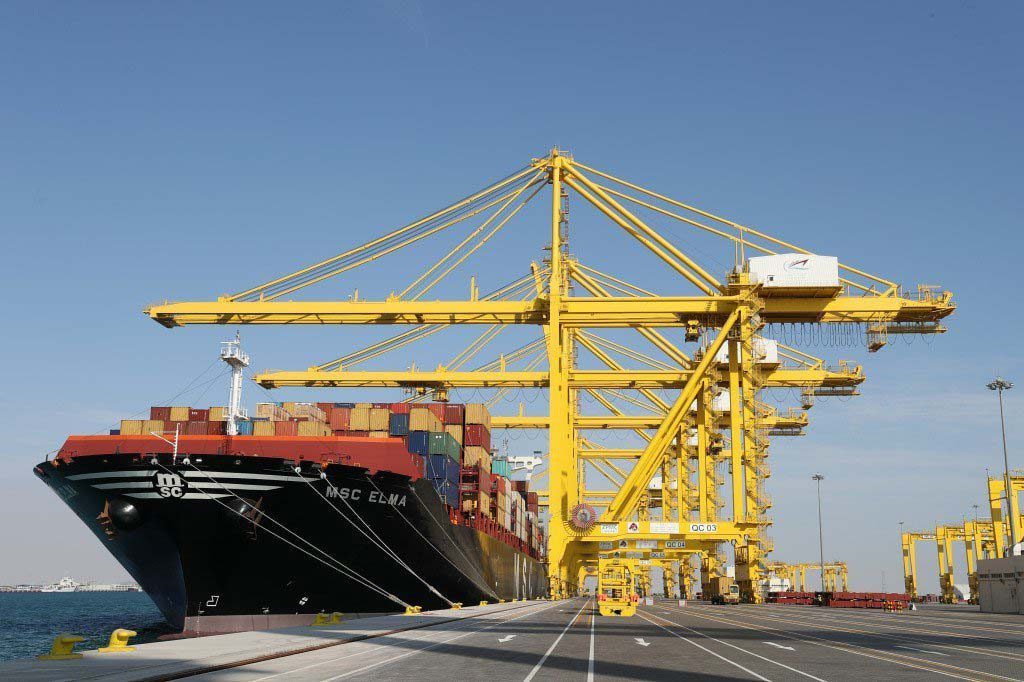In Mwani Qatar, the handling rates of general and bulk cargo, as well as livestock, increased by about 98% and 451%, respectively, in March 2023.
The number of ships received in March of last year increased by 7% to 231 ships, compared to the same time last year, Mwani Qatar data showed.
When compared to the same period in 2022, the handling of general and bulk cargo and livestock experienced record levels of increases, the state-run company said.
The data also showed a 15% increase in the handling of cars and equipment, reaching 7,007 units, a level of 114,079 for standard containers, and a total of 50,969 tonnes for building and construction materials.
In Mwani Qatar, general and bulk cargo handling rates increased by about 98% in March 2023 compared to the same month the previous year, while handling rates for vehicles, equipment, and ships increased by 15%.
During the month of March, QTerminals reported handling a total of containers, non-containerised bulk cargo, and ro-ro cargo. With a total weight of 291,427 tonnes, the amount of containerised bulk cargo handled at Hamad Port was the highest ever. There were 135 ships in total, and there were 114,262 standard containers.
Qatar’s ports and marine transport terminals are managed by Mwani Qatar. Additionally, the provider of integrated logistics services and port services in Qatar plays a crucial part.
The largest commercial port in the nation, Hamad Port, is one of the most significant long-term projects that embodies the Qatar National Vision 2030, a tributary for social, economic, environmental, and human development in Qatar.
The multi-billion dollar investment offers a new set of capabilities for particular sectors of the maritime transport industry in addition to more capacity.
Mwani Qatar is in a strong position to develop a regional shipping hub in the Gulf thanks to its involvement in the development of Hamad Port. It is also well positioned to play a significant role in diversifying Qatar’s economy away from the hydrocarbon industry.







